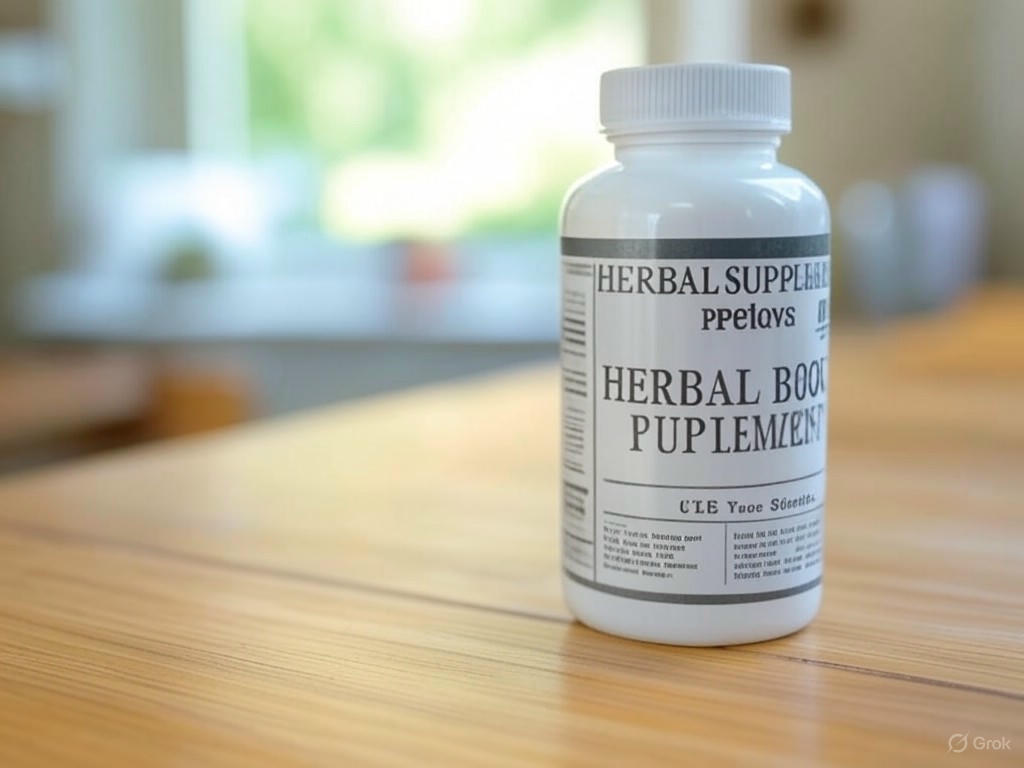Hidden Risks of Turmeric Supplements: A Warning on Liver Health
Turmeric, long hailed as a golden spice with miraculous health benefits, has recently come under fire due to alarming connections with severe liver complications. Known for its vibrant color and anti-inflammatory properties, this herbal remedy is a staple in many households and wellness routines. However, emerging reports have cast a shadow over its safety, particularly when consumed in supplement form, prompting a closer look at the potential dangers lurking behind its celebrated reputation.
For centuries, turmeric has been used in traditional medicine, especially in Asian cultures, to treat everything from digestive issues to joint pain. Its active compound, curcumin, is often credited with powerful antioxidant and anti-inflammatory effects, making it a popular choice for those seeking natural alternatives to pharmaceutical drugs. Over-the-counter turmeric supplements have surged in popularity, marketed as a cure-all for inflammation, immune support, and even chronic conditions. Yet, the ease of access and lack of strict regulation around these products may be putting consumers at risk. Recent cases have linked high doses of turmeric supplements to liver toxicity, raising red flags among health experts and researchers who urge caution.
The concern stems from reports of individuals experiencing acute liver damage after taking turmeric-based supplements. While the exact mechanism isn’t fully understood, some theories suggest that excessive intake or poor-quality formulations may overwhelm the liver’s ability to process the compound, leading to inflammation or injury. Unlike the spice used in cooking, which is consumed in small, safe amounts, concentrated supplements can deliver doses far beyond what the body can handle. Additionally, certain products may contain additives or contaminants that exacerbate the risk. Medical professionals emphasize that the liver, a vital organ responsible for detoxification, can become a silent victim of unchecked supplement use, with symptoms like jaundice, fatigue, and abdominal pain often appearing too late to reverse the damage.
This isn’t to say that turmeric itself is inherently dangerous. When used in moderation as a culinary ingredient, it remains a safe and beneficial addition to a balanced diet. The problem lies in the unregulated world of dietary supplements, where dosage, purity, and individual health conditions are often overlooked. Experts recommend consulting healthcare providers before starting any herbal regimen, especially for those with pre-existing liver conditions or who are on medications that might interact with turmeric. Public awareness is also critical—reading labels, researching brands, and being mindful of one’s own body signals can make a significant difference in preventing adverse effects.
As the conversation around turmeric supplements evolves, it serves as a broader reminder of the importance of balance and informed choices in health and wellness. Nature offers incredible remedies, but without proper knowledge and caution, even the most revered solutions can pose unexpected threats. For now, those reaching for turmeric capsules might want to pause and reconsider—sometimes, a pinch of spice in your curry is the safest way to enjoy its golden glow.


